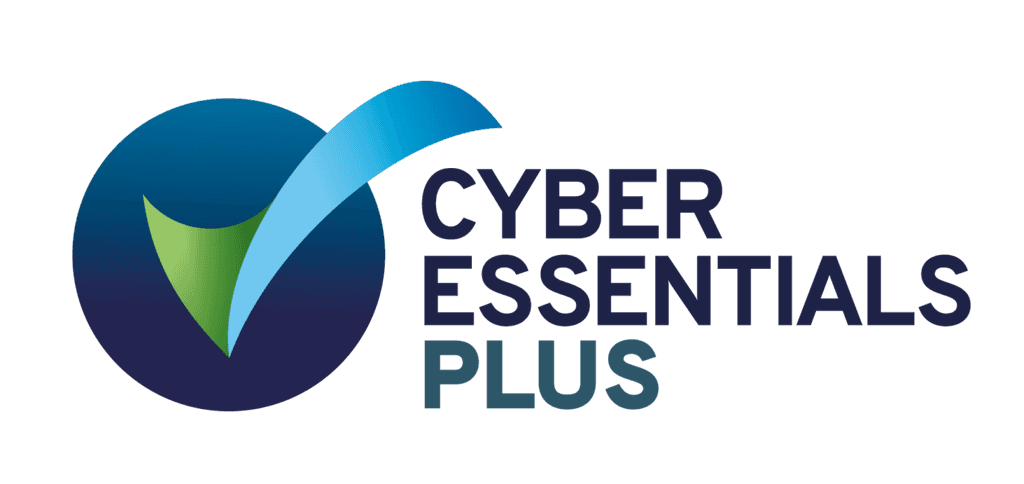12 Jan 2022
RIAMS
Challenges
‘Environmental Health Wales’ comprises senior environmental health representatives from the 22 local authorities and 3 port health authorities in Wales. A heads-of-service group is supported by a number of expert groups which focus on specialist environmental health functions such as food safety communicable diseases, pollution control, etc. EH Wales is a part of the Welsh local authorities’ Directors of Public Protection (DPPW) structure.
Early in the coronavirus pandemic, Environmental Health Wales was faced with a number of challenges, which, if not addressed, could have affected the implementation of a consistent and coordinated response. The situation was extremely fluid, rapidly and continually changing as new information emerged. Legislation and control measures were being developed at an unprecedented pace, with inherent imperfections and the risk of inconsistent interpretation. To secure an all-Wales approach on a range of issues, it was imperative that local authority representatives could be quickly engaged and for consensus views and agreed positions to be established.
This was especially important if a unified approach was to be taken in dealings with business sectors. Operational policies and procedures needed to be drafted quickly and, as part of the collaborative approach, shared with partners so they could be refined. The ability to share documents across organisations and the need to ensure the most up-to-date versions could be viewed were critical.
It became evident that other public protection professionals were being drawn into the covid response. This included trading standards, housing and licensing colleagues, as well as EH staff working in specialist service areas. Email has drawbacks, one being that it is not very flexible when holding discussions with large groups. When circulating documents, seeking feedback and sharing views, it can be cumbersome.
Most organisations’ electronic document storage systems are fine for internal purposes. However, they are often deficient when it comes to document storage and open sharing with external partners. While these limitations existed prior to Covid-19, the pandemic brought them into sharper focus and a simple, efficient and effective solution was required.
Solutions
The coordinator for Environmental Health in Wales was aware of the potential of RIAMS Communities as a mechanism for supporting communication and discussion between professionals operating in the same sector. He had already been using RIAMS Communities to support the heads of EH Group and a number of its specialist groups. Since the platform enables the sharing of best practice, the ability to work consistently and promotes engagement between colleagues, he was confident that it could assist collaborative endeavours in Wales.
A RIAMS Private community was established, with the EH coordinator taking on the role of group coordinator and moderator. The ‘Coronavirus – Wales Local Authorities’ community was set up, and appropriate local authority staff were offered the opportunity to join the group by email or through their organisation’s web domain.
Covid controls forced organisations to review their service delivery arrangements, resulting in the majority of staff having to work from home. This reinforced the importance of reliable remote and flexible communication, especially in the sharing of sensitive information. Being cloud-based and password-secure, public protection professionals could access the community with confidence from any device with just a web link, so an email address was not necessarily required.
Once part of the community, members are kept up to date through email notifications and daily or weekly updates of all discussions, blogs and information posted. The community was initially set up with a number of discussion threads, which allowed key issues to be considered and observations and opinions to be expressed. Key documents were uploaded to the ‘folders’ area for sharing across organisations, and members were notified automatically. Older versions could be deleted or archived.
Achievements
All Welsh local authorities subscribe to the community and with a membership of over 300 officers, the Coronavirus – Wales Local Authorities community is the go-to information source for a range of regulatory staff (environmental health, licensing, trading standards, housing, etc.) in respects of the devolved Covid-19 controls. The straightforward and intuitive operation of the platform allows colleagues to be engaged in a timely and inclusive manner. On any particular discussion topic, a consensus view could quickly be formed, with a consistent position and ‘steer’ adopted across Wales.
The operation of the communication arrangement is valued by key partners (Welsh Government, Public Health Wales, Welsh Local Government Association, CIEH, etc.), with regular requests made for draft and consultation documents to be shared via the community. This has been invaluable in formulating responses to legislative provisions and in relation to the development of formal guidance.
The site has been instrumental in achieving a significant degree of consistency in the interpretation and application of control measures in Wales. There are already over several hundred separate discussion threads, but this will continue to grow as the covid challenge remains. The positive feedback from practitioners reinforces their appreciation of the resource and recognises that, without it, engaging with colleagues would have been difficult and a national, coordinated response less effective.
Conclusions
RIAMS Communities offers a secure area for professional discussions to be held with colleagues.
The platform allows members to be canvassed, a consensus opinion developed and a formal position adopted, shared and implemented.
The flexibility and security of the login arrangements ensure flexible and reliable access.
Alerts provide a rapid update to members, enabling local changes to be implemented quickly and supporting the drive for national consistency.
Issues of concern identified by members can be shared with colleagues straight away and discussions initiated to identify appropriate and proportionate responses.
The trust that members have in the system has, in turn, given confidence to key partners, who formally recognise it as a channel for engagement and consultation.



